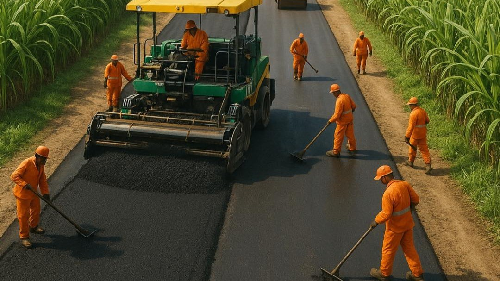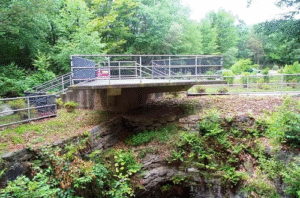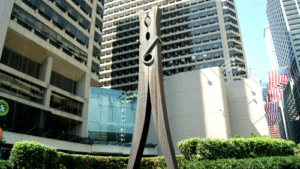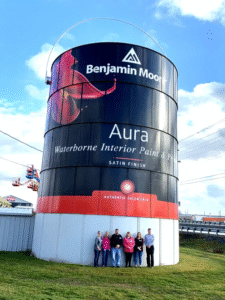In a groundbreaking move toward sustainable infrastructure, Brazil is revolutionizing its road construction by incorporating an unexpected material: sugarcane waste. Scientists and engineers have successfully developed a method to transform bagasse, the fibrous residue left after crushing sugarcane, into a durable and eco-friendly additive for asphalt. This innovative approach promises to create tougher, longer-lasting, and more environmentally friendly roads across the country.
The project, a collaboration between leading research universities and the Brazilian government, addresses two key challenges simultaneously: the massive amount of sugarcane waste produced annually and the need for more resilient road infrastructure. Brazil is the world’s largest producer of sugarcane, generating millions of tons of bagasse, much of which is currently burned or used for low-value applications. By repurposing this waste, the initiative tackles a significant environmental issue while providing a sustainable and cost-effective solution for road maintenance.
The new technology involves processing bagasse into a nano-composite material that, when mixed with traditional asphalt, significantly improves its performance. Initial tests have shown that roads built with the sugarcane additive are:
- Tougher and more resistant to cracking: The nano-composite acts as a binder, strengthening the asphalt matrix and making it less susceptible to wear and tear from heavy traffic and extreme weather conditions.
- Longer-lasting: The enhanced durability of the material is expected to extend the lifespan of roads, reducing the frequency of repairs and lowering long-term maintenance costs.
- Environmentally friendly: By utilizing a renewable and biodegradable waste product, the new method reduces the reliance on petroleum-based materials used in traditional asphalt production, thereby lowering the carbon footprint of road construction.
“This is a game-changer for infrastructure development,” said Dr. Elena Santos, lead researcher on the project. “We’ve turned a problem—sugarcane waste—into a solution for building better roads. This technology not only makes our roads stronger but also aligns perfectly with our national goals for sustainability and a circular economy.”
The first pilot project, a 5-kilometer stretch of highway near a major sugarcane-producing region, is already underway. Engineers are closely monitoring its performance, and early results are exceeding expectations. If successful, the government plans to scale up the technology for nationwide implementation, potentially setting a new global standard for sustainable road construction.
This initiative is a testament to Brazil’s commitment to innovation and environmental stewardship, showcasing how ingenuity can transform agricultural waste into a valuable resource, paving the way for a greener and more resilient future.







